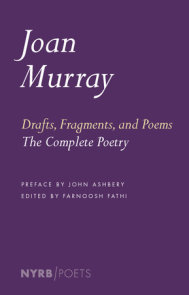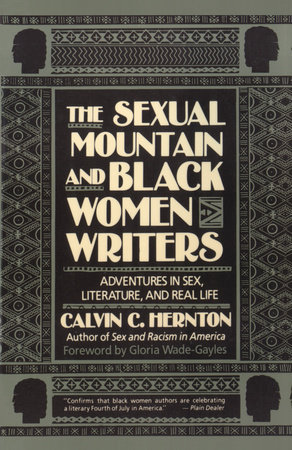

Drafts, Fragments, and Poems
By Joan Murray
Preface by John Ashbery
Edited by Farnoosh Fathi
By Joan Murray
Preface by John Ashbery
Edited by Farnoosh Fathi
Category: Poetry

-
Feb 06, 2018 | ISBN 9781681371832
YOU MAY ALSO LIKE
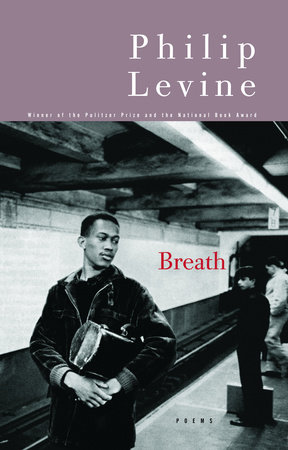
Breath
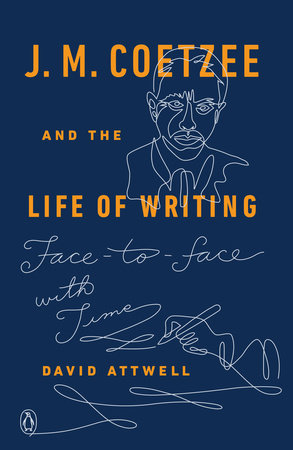
J. M. Coetzee and the Life of Writing

Bicentennial
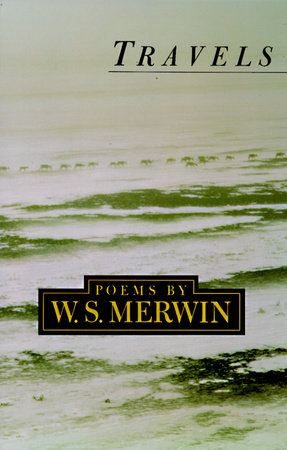
Travels
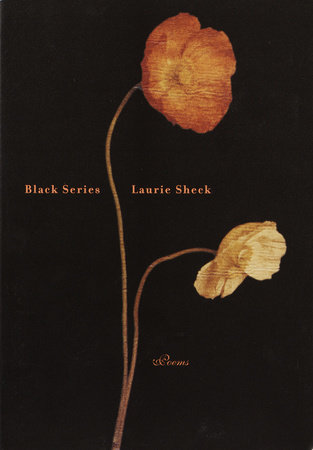
Black Series
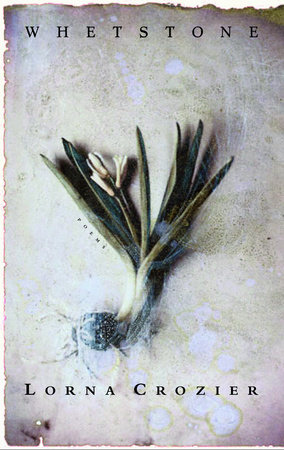
Whetstone
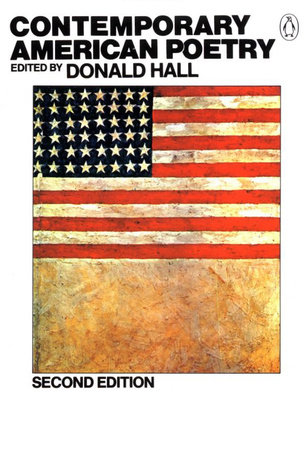
Contemporary American Poetry
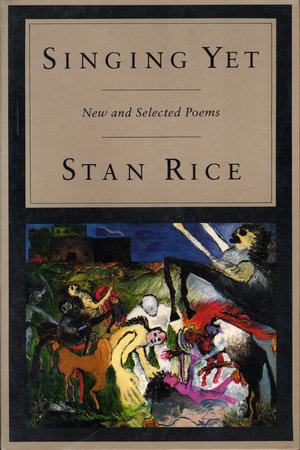
Singing Yet

Burnt Island
Praise
“Murray’s richly figurative language…manages to incarnate a refreshingly open space in which words seem only loosely tethered to familiar usages and meanings, even to tremble with new energies and possibilities….this new edition makes us consistently and movingly conscious of the extent to which all Murray’s writing was work-in-progress, expansive, provisional, exploratory, and wholly unaware, it can often feel, that it would ever be published and read. As Ashbery put it…when printed in their original versions Murray’s poems ‘are given new space to breathe.'” —Mark Ford, The New York Review of Books
“Fathi’s precise but non-interventionist editing, along with her shrewd choice of letters and unpublished material, makes Murray’s writing feel new and alive again nearly eighty years after her death….Where some poets find their metaphors of making in nature, music or sculpture, Murray looks to the built environment. She pits the heady hereness and nowness of living against the structures that give it shape and hold it in. She is a poet of the senses as much as she is a poet of ideas; her ‘divergent sides and selves’ cohere not because they cancel each other out but because they invigorate and energise each other.” —Patrick McGuinness, The London Review of Books
“Just a glance through the table of contents is a thrill: ‘I Feel Only the Desolation of Wide Water,’ ‘Even the Gulls of the Cool Atlantic,’ ‘A Small Tale with Interruptions,’ ‘I Would Hold the Many Sides of Love with My Two Hands.’ The odd titles make a promise the poems quite fulfill….Poet Farnoosh Fathi, upon reading that Murray’s papers, long thought lost, were finally found in the archive her mother donated to Smith College, felt electrified ‘with purpose.’ She lit out for Northampton and became the first person to sift through it. The result is a new book in every sense – a new Joan Murray, yes, but a completely contemporary book too. It’s still an open question as to whether American poetry can embrace a poet of such original vision, born in London of Canadian parents with an ear for authentic vers libre, an aesthete who sought truth in new forms, not causes or moralisms.” —Ange Mlinko, Poetry
“In a letter to novelist Helen Anderson, a resolute Joan Murray wrote, ‘I would rather be mad and bad, erratic and incomprehensible, than vulnerably acquiescent to the drab.’ Note how the adjectives in her sentence point to the era’s stereotypes about women’s writing. Luckily for us, every single line in this darkly luminous book proves them to be unwarranted. Murray’s poems, wise beyond her years, startle the mind in their brave embrace of dissonance.” —Mónica de la Torre
“Had Joan Murray lived beyond her twenty-fifth birthday we’d already know her as a major voice in American poetry, instead of one whose name appears only in lists of the lost. Farnoosh Fathi’s fascinating restoration of Murray’s work reinstates some of the poet’s deepest idiosyncrasies, and supplements the contents of the original lone volume with a hearty assortment of previously unpublished fragments and drafts. It arrives as a thrill, vivid with Murray’s irrepressible ‘mountain of energy’ and chewy with its ‘own personal loud music.'” —Shanna Compton
“Up from the archives come poems that will make you feel you’re just learning to read: if vibration is your vocabulary, if unbelonging is your kind of charisma, if you have ever wanted to be a ‘minnow-silver rain’ or to fuck an ocean, if you’re prepared for an empathy so direct that you’d be right to call it otherworldly, Joan Murray is your poet.” —Christine Hume
“Murray’s book seems to me a startling achievement for a poet who died at an even younger age than Keats, a month short of her twenty-fifth birthday…. The improbable poetic adventures her Poems offers have slipped into oblivion, like Eurydice, almost without a ripple.” —Mark Ford, Poetry
21 Books You’ve Been Meaning to Read
Just for joining you’ll get personalized recommendations on your dashboard daily and features only for members.
Find Out More Join Now Sign In








